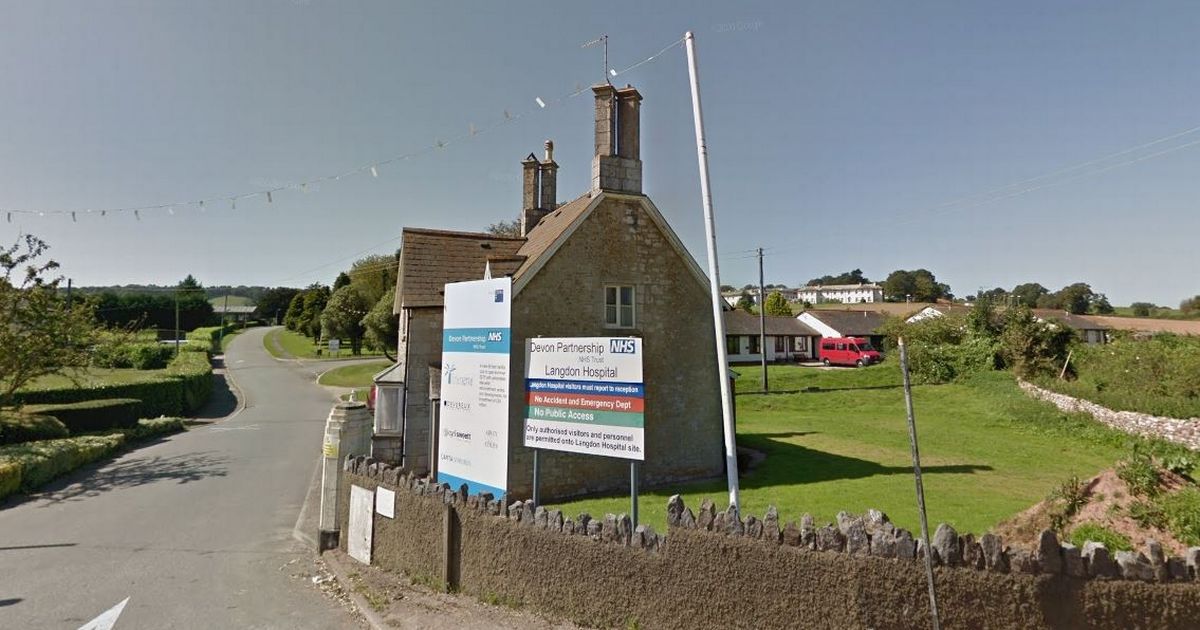There we concerns over the safety of people using the service
William Telford Senior Reporter and Business Specialist
15:14, 22 Nov 2025
 The entrance to Langdon Hospital at Dawlish(Image: Google Street View)
The entrance to Langdon Hospital at Dawlish(Image: Google Street View)
A Devon mental health hospital has been ordered to make urgent improvements following an inspection.
Care Quality Commission (CQC) inspectors carried out a surprise visit to Langdon Hospital in Dawlish in April this year, following concerns raised over the safety of people using the service and the effectiveness of its leadership.
Inspectors found five breaches of regulation related to safe care and treatment, person-centred care, dignity and respect, staffing and good management of the service.
It found that staff lacked training and resources, weren’t fully aware of safety risks, and that care plans were out of date, as well as experiencing staff shortages.
The CQC told the Devon Partnership NHS Trust, which runs the hospital, to submit an action plan showing what it was doing immediately to address the issues.
The watchdog also issued a warning notice to focus the trust’s attention on making rapid and widespread improvements to ensure safe care and treatment, as well as good management of the service.
However, the inspection also found some positives, including that staff promoted healthy lifestyles, supported people’s physical wellbeing and long-term health, maintained strong partnerships with external agencies, and that people at the hospital could access “meaningful community-based activities”.
The trust told the BBC that an “intensive programme of improvement” has now been put in place.
Langdon Hospital is a secure unit for men from the South West who, because of their mental health needs, have had contact with the legal system and require a safe and secure environment for treatments, therapies and care.
Catherine Campbell, CQC’s deputy director of operations in Devon, said: “When we inspected these wards at Langdon Hospital, we found inconsistent care planning and risk management affecting the quality of people’s daily lives and recovery.
“Staff were committed to providing good care, but were hindered by gaps in training, unclear guidance, and limited access to resources.
“As a result, care plans were often outdated, not tailored to individuals, and didn’t reflect people’s goals or preferences.
“Many people told us they weren’t always involved in decisions about their care, medications, or risk assessments.
“This left some feeling frustrated, powerless, or stuck in their recovery. Staff sometimes used risk assessment tools inconsistently, which made restrictions feel unfair or punitive.
“Staff had limited awareness of safety risks in the environment, which affected people’s safety.
“Staff shortages during busy or critical periods also impacted people’s ability to access leave or take part in activities, affecting their independence and sense of control.”
But she added: “However, people consistently praised occupational therapy and some individual staff members for supporting their wellbeing and enabling meaningful engagement.
“Staff improved physical health monitoring, allowing early intervention for emerging concerns, and staff demonstrated openness and a willingness to speak up.”
But she stressed: “Despite these pockets of improvement, people’s general experiences showed that care wasn’t always person-centred, and inconsistent policies and risk management reduced people’s autonomy, left some feeling frustrated or unsafe, and limited opportunities for a positive recovery.
“We have told the trust where it needs to make rapid improvements and will continue to monitor the service closely to ensure people stay safe while this happens.”

